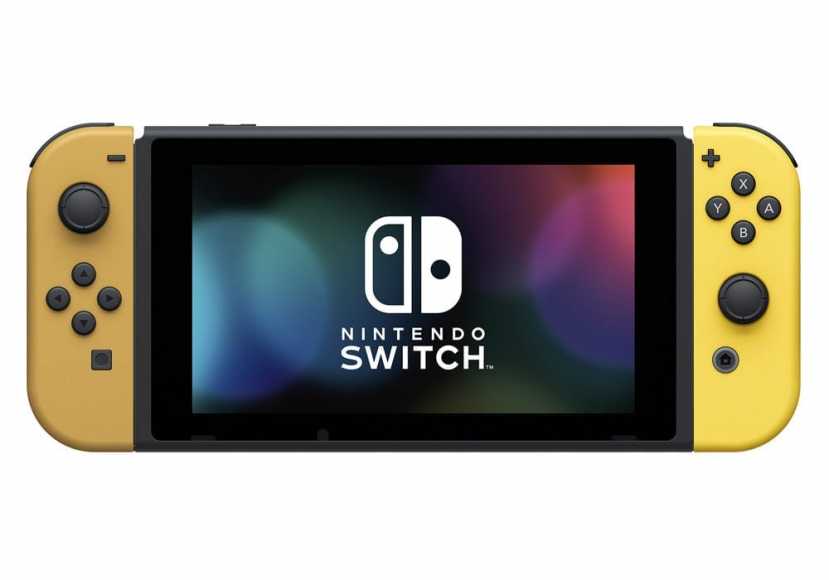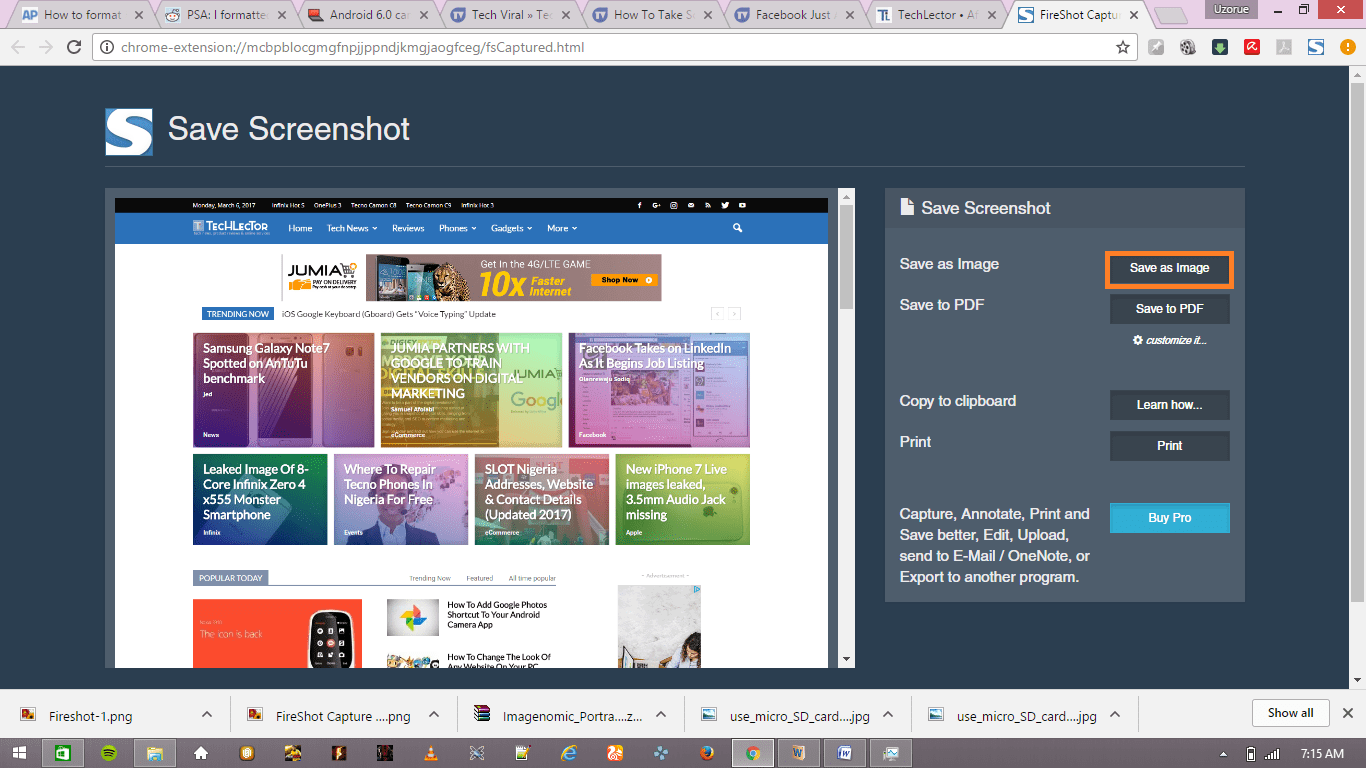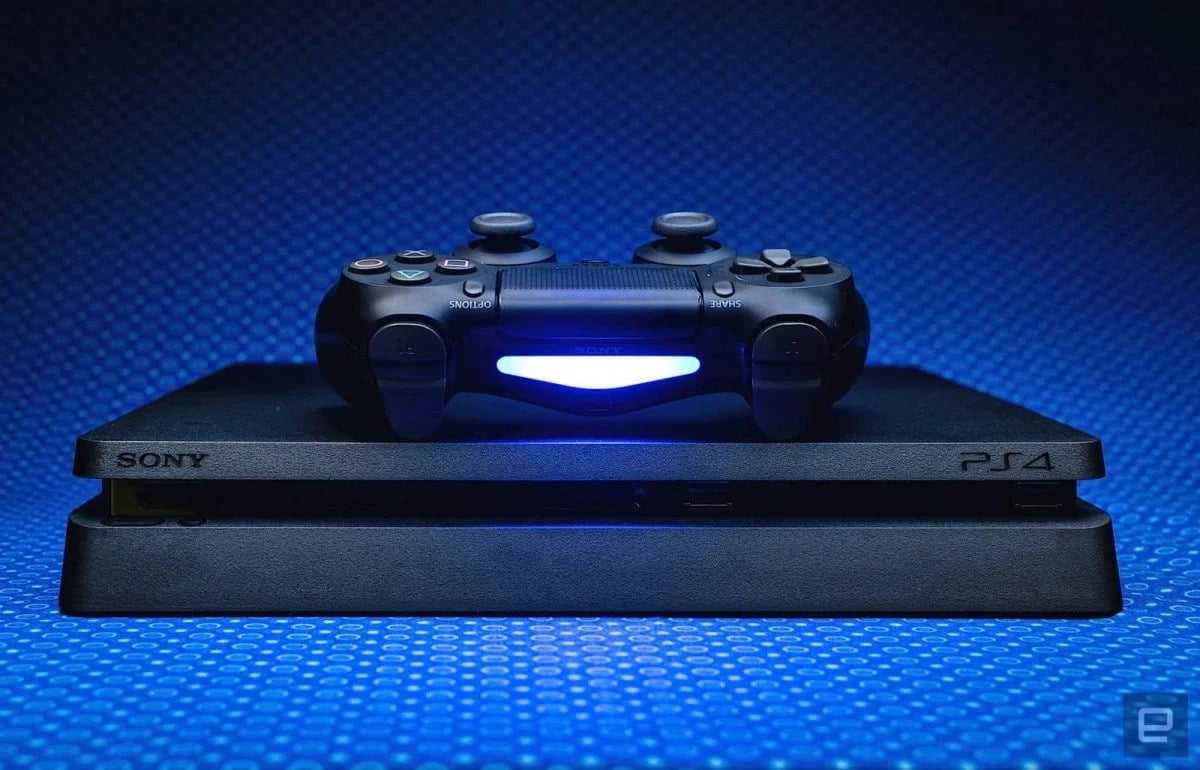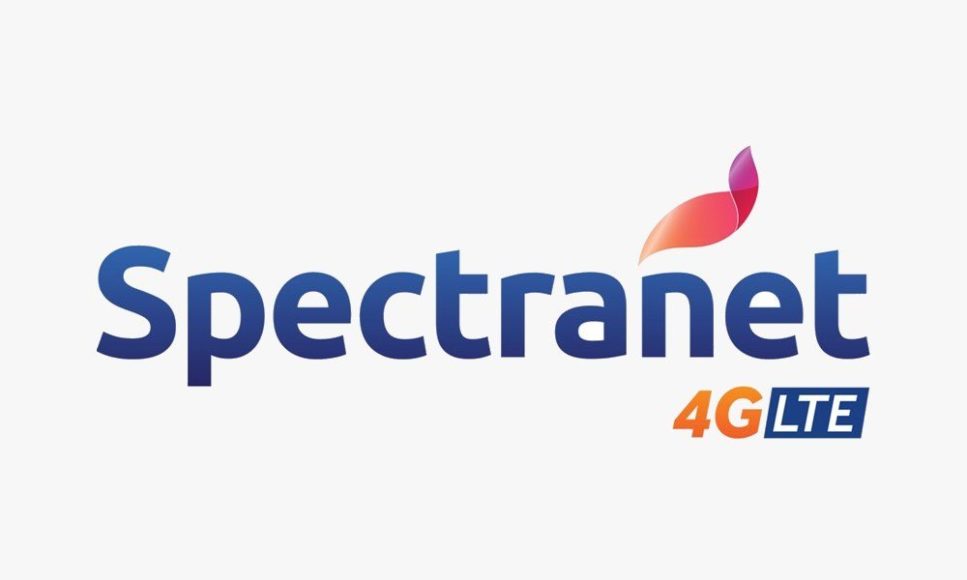A Nintendo Switch Online membership lets you enjoy multiplayer games with other gamers, and head back into the archives to replay entertaining games like “Super Mario Bros. 3,” “Double Dragon,” and so on.
And if you are ready to go all-in and pay the once-a-year $19.99 i.e 7,216 naira, you will enjoy Nintendo Switch Online at just $1.66 i.e 599 naira on a monthly basis. Having said that, if you do not use this service, you do not have to pay for it.
Fortunately for you, Nintendo Switch Online is simple and can be done from the comfort of your home. Let’s break down How To Cancel A Nintendo Switch Online Membership?:
How Can I Cancel A Nintendo Switch Online Membership?
It can be cancelled straight from your Switch. Just ensure you have an internet connection.
- From your Switch’s home screen, swipe down to the Nintendo eShop application (the icon that resembles an orange shopping bag) in the bottom taskbar, and launch it.
- In the sidebar on the left, swipe down to “Nintendo Switch Online.” As soon as the page loads, click right to open it.
- Toggle over to “Nintendo Switch Online” and tap it. You will be directed to your account page.
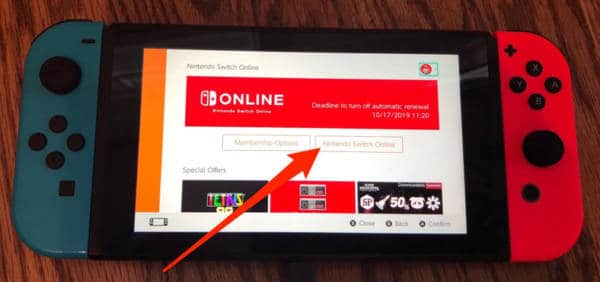
You Might Also Want To Read- How Do I Soft Reset Or Factory Reset My Nintendo Switch?
- Swipe down to “Turn Off Automatic Renewal” and tap it.
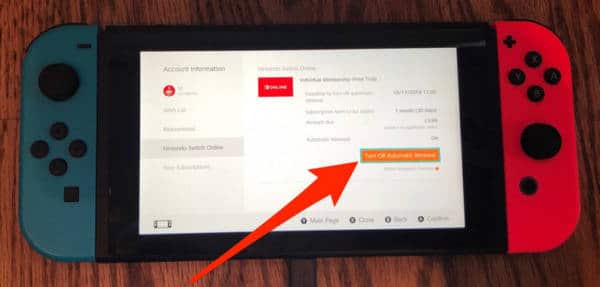
You Might Also Want To Read- How To Watch YouTube Videos On Nintendo Switch Without Jailbreaking
- Choose “Turn Off” in the pop-up window for the confirmation of your choice. The pop-up will inform you that you can continue using the online service until the present billing cycle is over.
And that is that. “Automatic renewal has been turned off.” should be visible. At the end of your present payment cycle, your subscription to Nintendo Switch Online will be over.
Note that as long as you’re subscribed to Switch Online, all your stored game data will be backed up to the cloud. If your subscription is cancelled, you will need to renew your membership in the space of 180 days, else, that data will be deleted and only the data on your Switch, SD card, or external hard drive will remain.
More Information About Your Nintendo Switch
The Nintendo Switch is a video game console developed by Nintendo, released on March 3, 2017. It is a hybrid console that can be used as a stationary and portable device. Its wireless Joy-Con controllers, with standard buttons and directional analog sticks for user input, motion sensing, and tactile feedback, can attach to both sides of the console to support handheld-style play. They can also connect to a Grip accessory to provide a traditional home console gamepad form, or be used individually in the hand like the Wii Remote and Nunchuk, supporting local multiplayer modes. The Nintendo Switch’s software supports online gaming through Internet connectivity, as well as local wireless ad hoc connectivity with other Switch consoles. Nintendo Switch games and software are available on both physical flash-based ROM cartridges and digital distribution via Nintendo eShop; the system does not use region locking. As an eighth-generation console, the Nintendo Switch competes with Microsoft’s Xbox One and Sony’s PlayStation 4.
Known in development by its codename NX, the concept of the Switch came about as Nintendo’s reaction to several quarters of financial losses into 2014, attributed to poor sales of its previous console, the Wii U, and market competition from mobile gaming. Nintendo’s then-president Satoru Iwata pushed the company towards mobile gaming and novel hardware. The Nintendo Switch’s design is aimed at a wide demographic of video game players through the multiple modes of use. Nintendo opted to use more standard electronic components, such as a chipset based on Nvidia’s Tegra line, to make development for the console easier for programmers and more compatible with existing game engines. As the Wii U had struggled to gain external support, leaving it with a weak software library, Nintendo preemptively sought the support of many third-party developers and publishers to help build out the Switch’s game library alongside Nintendo’s own first-party titles, including many independent video game studios. While Nintendo initially anticipated around 100 titles for its first year, over 320 titles from first-party, third-party, and independent developers were released by the end of 2017.
The Nintendo Switch was unveiled in October 2016 and was released in most areas worldwide on March 3, 2017. The console shipped nearly three million in the first month of its launch, exceeding Nintendo’s initial projection of two million, and within a year of release achieved over 14 million units sold worldwide, outselling total lifetime sales of the Wii U. By the start of 2018, the Switch became the fastest-selling home console in both Japan and the United States. As of December 2018, the Nintendo Switch has sold more than 32 million units worldwide. Switch sales have been strongly tied to sales of Nintendo’s first-party titles, with five games, The Legend of Zelda- Breath of the Wild, Super Smash Bros. Ultimate, Super Mario Odyssey, Mario Kart 8 Deluxe, and Pokémon- Let’s Go having sold over ten million units each. A handheld-focused revision of the system, called the Nintendo Switch Lite, was released on September 20, 2019.
In August 2017, Los Angeles-based tablet peripheral manufacturer Gamevice, Inc. filed a lawsuit against Nintendo in the United States District Court for the Central District of California, alleging that the design of the Switch conflicts with its patent on the design for the Wikipad, an Android-based gaming device that also features a tablet with a detachable controller. The lawsuit sought damages on existing Switch sales and banning further sales of the console.The lawsuit was voluntarily dismissed by Gamevice in October 2017.
However, in March 2018, Gamevice initiated a second patent infringement lawsuit on Nintendo related to a different set of patents. Gamevice also sought action through the United States International Trade Commission related to patent infringement under Section 337 of the Tariff Act of 1930, and was seeking to block imports of the Switch into the United States.

